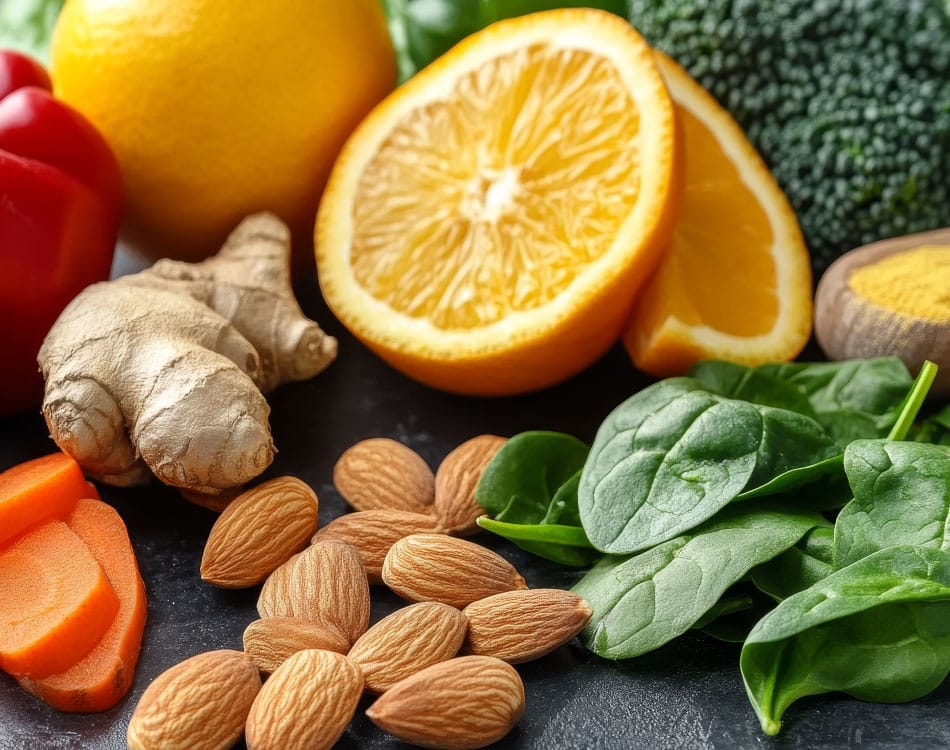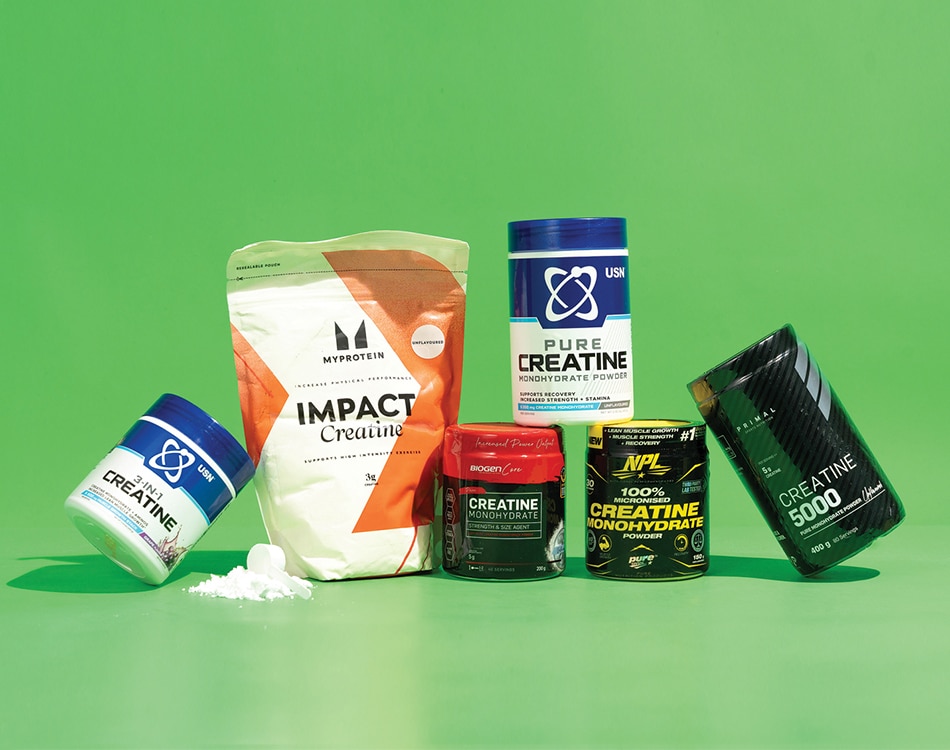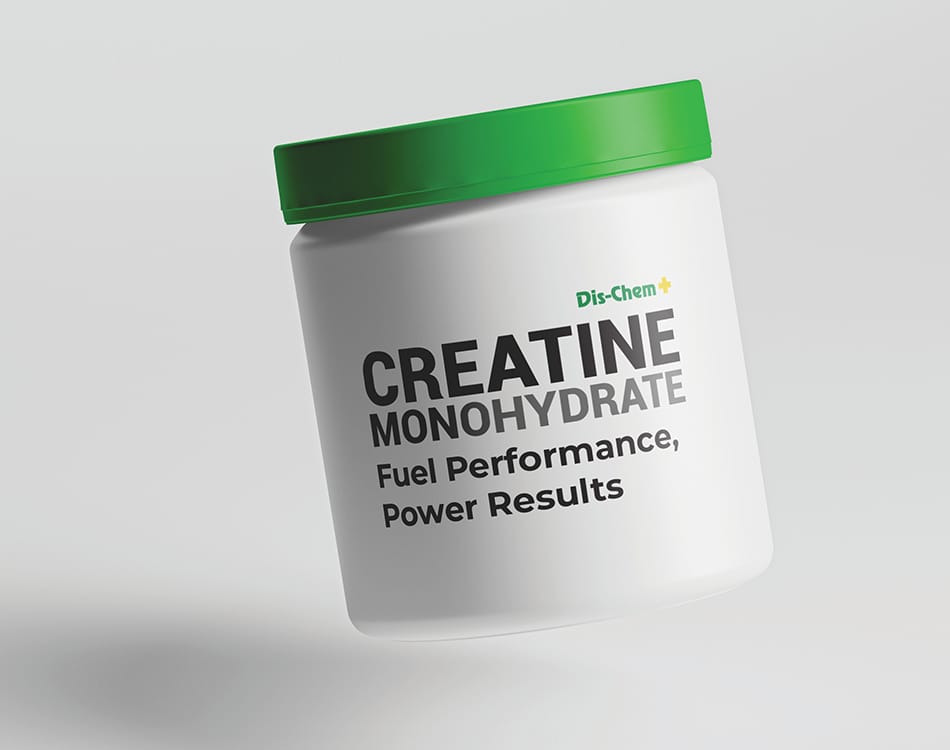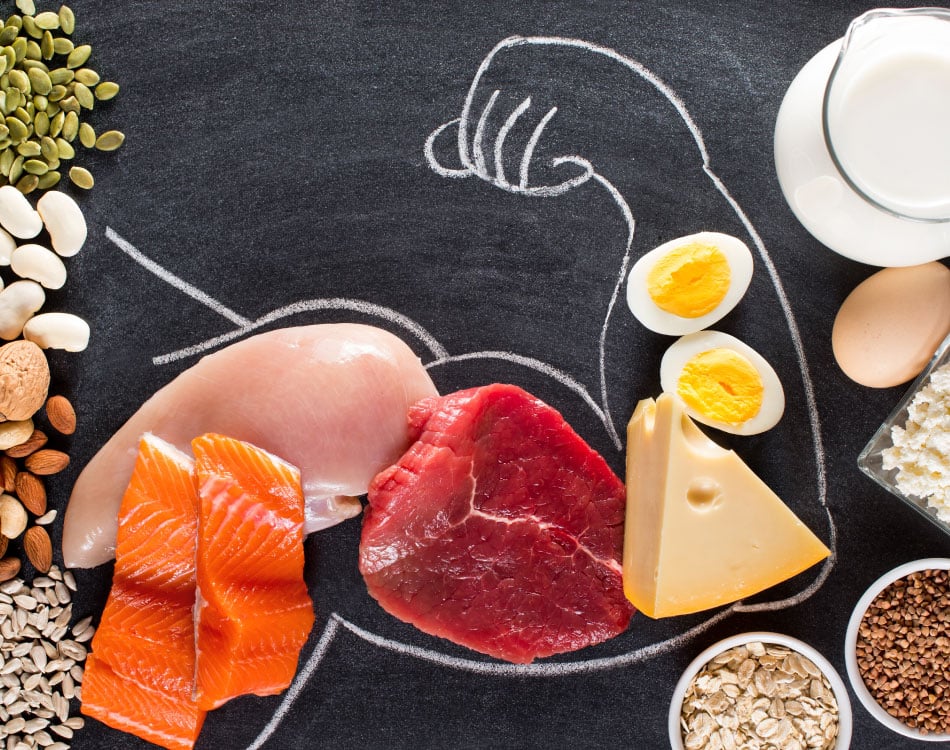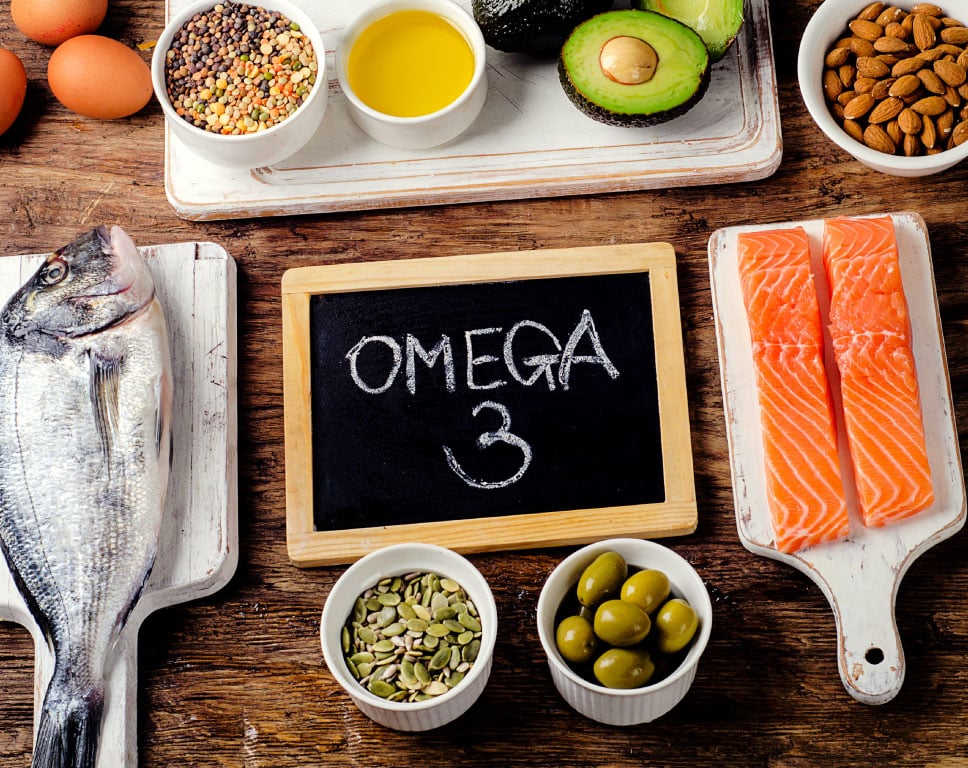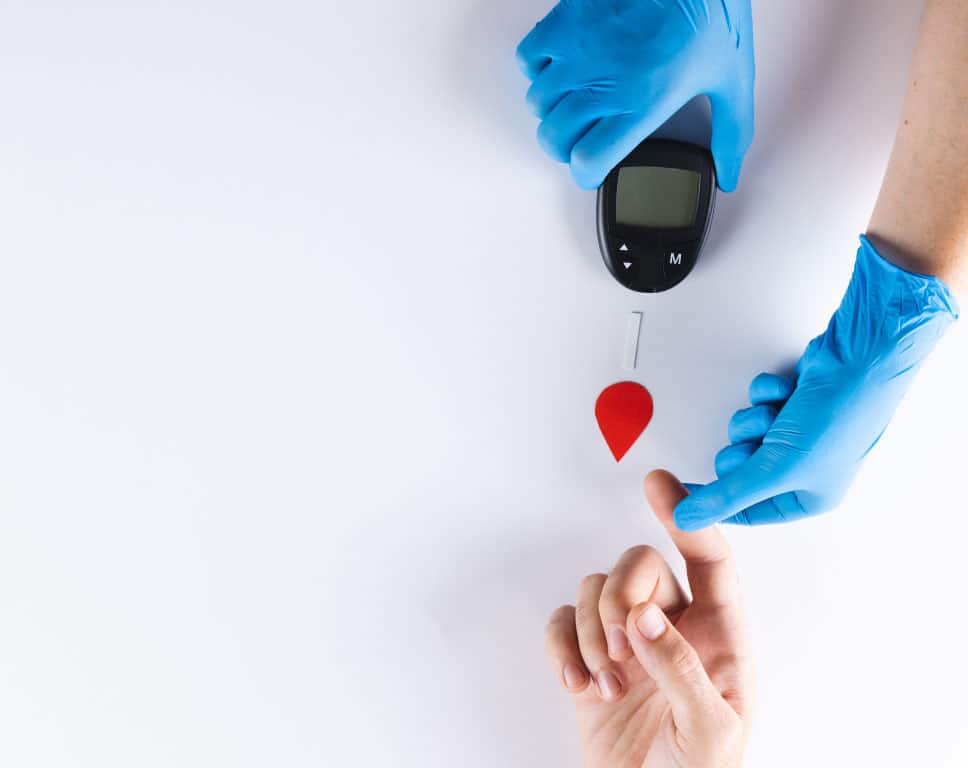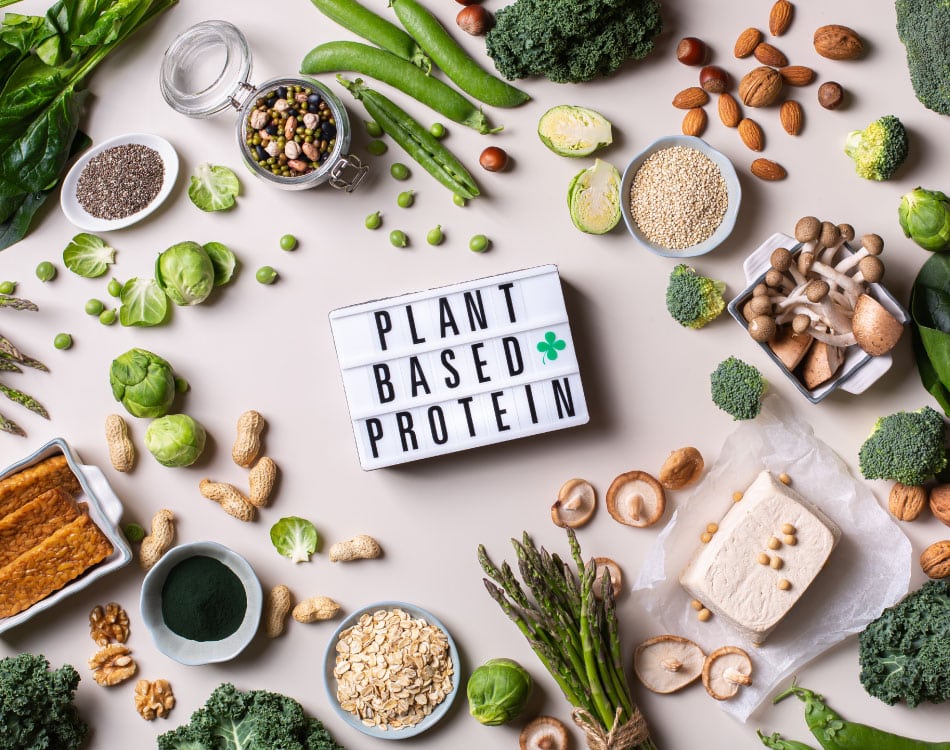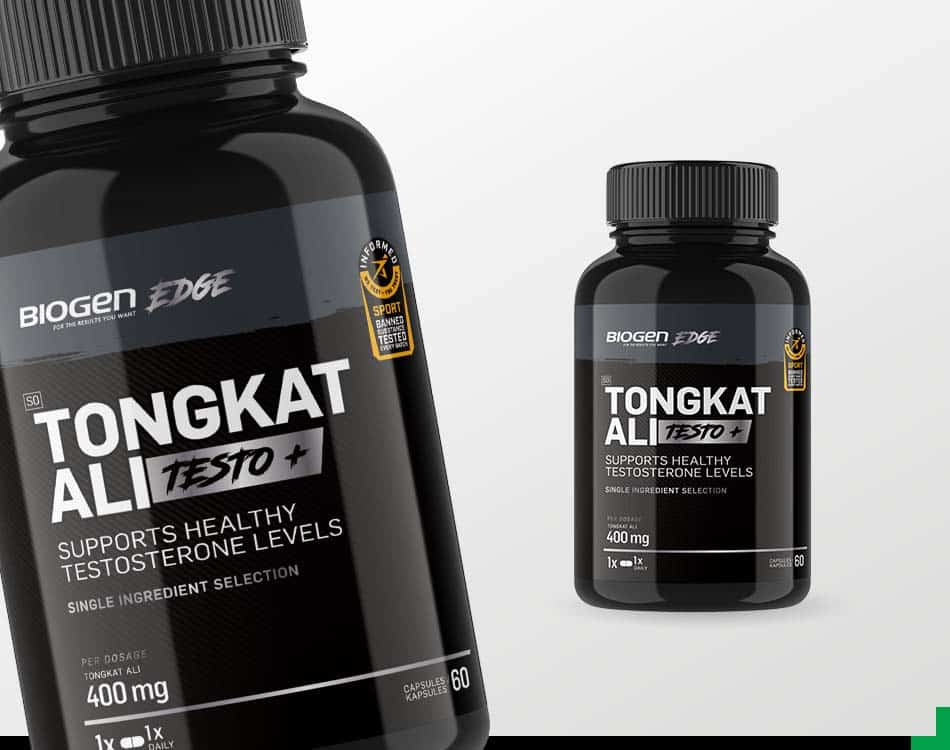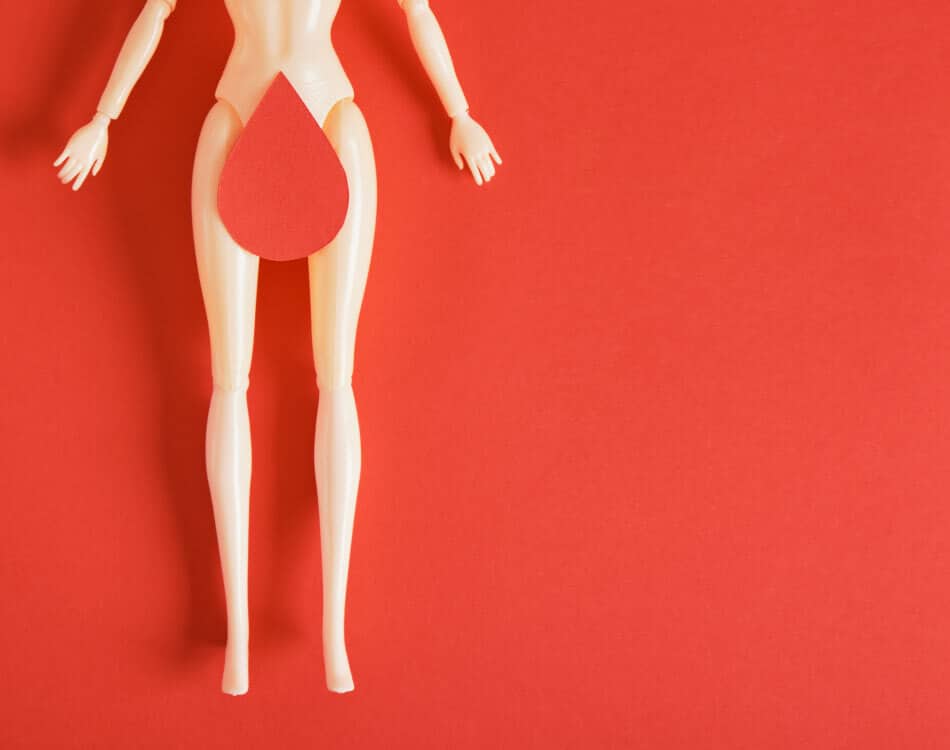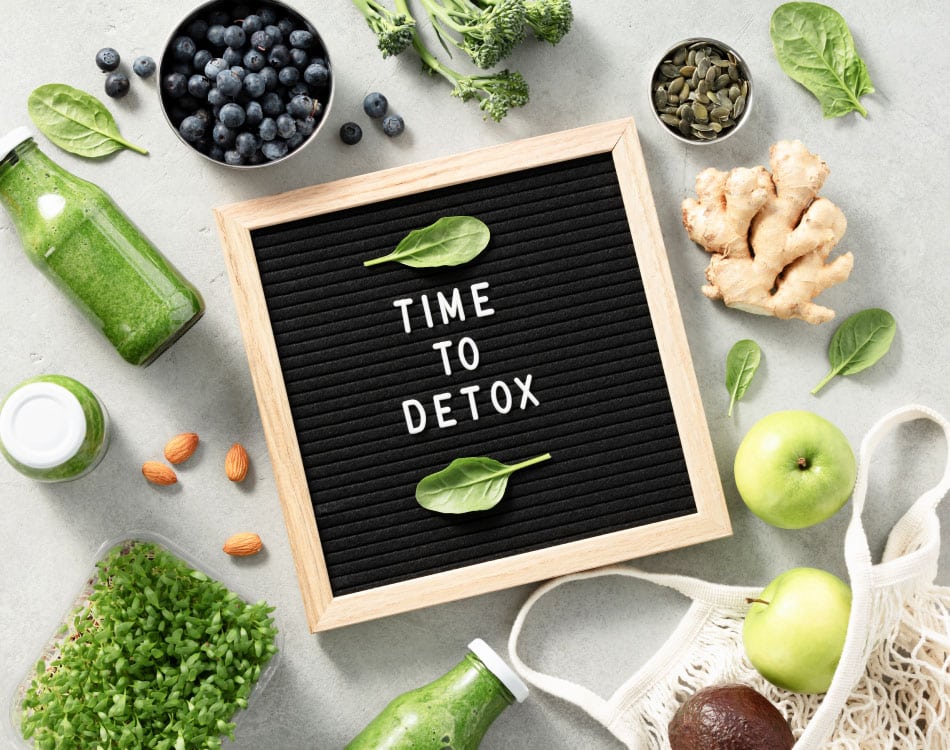If your testosterone levels are on the lower end of the spectrum you’ll be weaker, have less energy, and a poor libido. You may even lack confidence.
In short, low testosterone levels can make life suck!
Testosterone is the most important anabolic hormone in humans. It is critical for protein synthesis. Lifting weights and other strenuous physical activities causes small amounts of damage to muscle tissue. The body responds to this by repairing the muscular tissue and adding new strands of protein to muscle fibres, which increases muscular strength and size. This process of protein synthesis is controlled by a bunch of hormones known as growth factors, of which testosterone is the most important as it binds to receptors on the surface of muscle cells, amplifying the biochemical signals within the muscles.
This powerful hormone is also critical for energy levels, immune function, muscle development, bone health and masculine prowess. If you want to build muscle, get leaner, gain strength, be smarter and more energetic you’ve got to ensure your testosterone levels are optimal, so here are 6 ways to ensure that happens naturally.
1. Manage stress
If you don’t manage your stress you’ll be fighting a losing battle when it comes to optimising hormone production.
Unfortunately we have little control of the amount of stress in your life, so it is our ability to cope and deal with that stress that we need to focus on improving. There are various techniques we can use to reduce stress, such as meditation, yoga, therapy, light exercise, laughter and socialising. We’re all different, so find what works best for you.
When you fail to deal with the inevitable stress of daily life your body will constantly release high levels of the stress hormone cortisol. Having chronically elevated cortisol levels blocks the effects of testosterone. Excess cortisol production also puts a burden on your liver, which is one of your main detox organs. This creates an imbalance, limiting its ability to detoxify other hormones such as oestrogen.
2. Keep oestrogen low
It’s important to have the right ratio of testosterone to oestrogen. This means keeping oestrogen levels as low as possible. Unfortunately we are exposed to chemical oestrogens in plastic bottles, cleaning products, cosmetics and pesticides used in farming. Livestock are also raised using excessive hormones and antibiotics.
Constantly being exposed to environmental oestrogens and consuming oestrogens through food and water can wreak havoc on your hormonal balance. To keep oestrogen levels low you need to:
-
Eat grass-fed, free-range and organic whenever possible. Avoid ingesting oestrogenic pesticides and growth hormones.
-
Avoid plastic by drinking from glass or metal bottles. Store food in glass or ceramic containers whenever possible.
-
Use a good water filter for your source of water.
-
Avoid using a microwave, especially with plastic containers.
-
Use natural cleaning products that do not have toxins and oestrogen-mimicking compounds.
-
Use natural personal care products such as shampoo and conditioner. Check the label for DBP, DEP, DEHP, BzBP and DMP, which are all are chemical oestrogens.
-
Avoid consuming soy, as it will increase oestrogen levels.
-
Eat foods that help lower oestrogen, like broccoli, flax, sesame and citrus fruits.
3. Get lean and stay lean
Androgen hormones are converted to oestrogen in a process known as aromatization. This process requires an enzyme aromatase that is active in adipose (fat) cells and other tissues. When you have excess body fat, production of oestrogen (and other hormones) increases. To avoid higher levels of oestrogen it is essential to get and stay lean.
As you strive to get leaner and follow a healthy diet that manages your sugar intake you will enjoy the added benefit of increased testosterone levels. This happens because consuming starchy, sugary, high GI foods spikes blood sugar levels, which temporarily reduces testosterone production.
4. Eat enough fat
Our bodies produce testosterone from cholesterol. There is no other way to produce it naturally. So if you aren’t eating enough you’re limiting your natural production. Foods that contain fat and cholesterol have received a bad reputation in the past in relation to sound nutrition, but this is changing as more people realise the importance of this once vilified macronutrient.
5. Exercise for testosterone
It’s well documented that using heavy compound/complex movements is the optimal way to stimulate testosterone production from training. To boost testosterone, train with weights using high-intensity and a decent amount of volume, using exercises that work a large number of muscles and allow you to shift heavy loads. And keep tabs on your rest periods. These are simple guidelines but the goals should be to train with high-intensity, heavy loads and big movements.
6. Supplement wisely
Certain supplements help boost testosterone production, particularly sources of vitamin D3, and zinc and magnesium.


